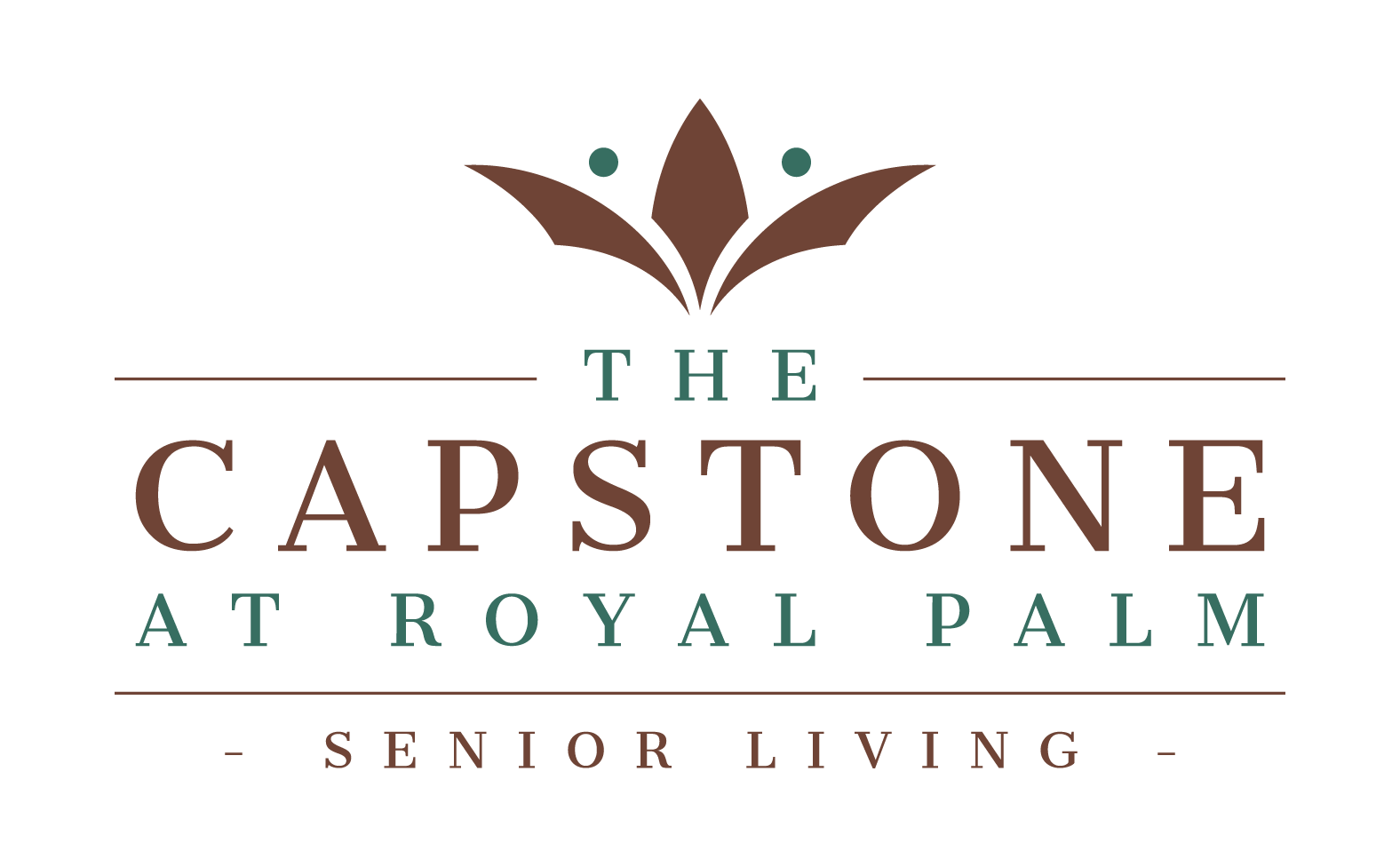Memory Care is designed to provide specialized care for individuals with cognitive impairments like Alzheimer’s disease and dementia. This care option provides a safe, structured environment where a trained team assists with daily activities and implements therapeutic programs to promote well-being.
By understanding what is Memory Care and what it offers, you can make an informed decision about the best care for your loved ones.
Understanding Memory Care
Memory Care communities focus on providing a secure environment tailored to the unique needs of individuals with memory impairments. These communities offer specialized programs that encourage cognitive stimulation, social interaction, and physical activity, all designed to improve residents’ quality of life.
As the need for Memory Care grows, these communities aim to provide a nurturing space where residents feel comfortable and supported.
How Memory Care Differs from Traditional Assisted Living
While Assisted Living communities offer general support with daily tasks, Memory Care goes further by providing intensive supervision and specialized programs.
Memory Care communities are structured to reduce confusion, prevent wandering, and offer consistent routines, which can help residents feel more at ease. Team members receive additional training to understand the specific needs and challenges associated with memory loss conditions.
The Key Services in Memory Care
Memory Care communities prioritize safety and supervision, often with secure entrances and exits to prevent wandering. Residents receive 24/7 assistance with daily activities, medication management, and personal care. Cognitive therapies, such as puzzles, music therapy, and other structured activities, are commonly integrated to maintain mental engagement and enhance emotional well-being.
Memory Care also includes social and physical activities that help residents maintain their physical health and promote social bonds. These programs are tailored to each resident’s abilities, helping them remain active and engaged.
Cost of Memory Care and Available Financial Options
The cost of Memory Care varies widely depending on location and the level of care required. According to the National Institute on Aging, Memory Care can range from $3,000 to over $10,000 per month. Various financial support options are available, including long-term care insurance, Medicaid, and Veterans Affairs benefits, though coverage varies. You may also consider personal savings or payment plans offered by some communities as potential funding sources.
When to Consider Memory Care for Your Loved One
If you notice signs of increased confusion, wandering, or difficulty with daily tasks, it may be time to consider Memory Care. According to the Alzheimer’s Association, other indications include changes in personal hygiene, increased aggression, or difficulty managing medications. Consulting with healthcare professionals can provide insights into whether Memory Care is the right choice for your family member.
Making an Informed Decision
Transitioning a loved one to Memory Care is a significant decision that requires careful consideration of their specific needs. Begin by touring communities and asking about their team’s training, security measures, and available therapeutic programs. Inquire about personalized care plans and how the community manages different stages of dementia or cognitive decline.
Helping Your Loved One Thrive in Memory Care
Choosing Memory Care can bring peace of mind, knowing your family member is in a safe and nurturing environment. With compassionate team members, structured routines, and engaging activities, Memory Care communities work to improve both physical and mental well-being. By providing specialized support, Memory Care communities help residents feel secure and cared for.
Choosing Memory Care for a Better Tomorrow
When considering the well-being of your loved ones with dementia, Memory Care can provide the security, structure, and care they need. By selecting the right community, you can support their mental and physical health in an environment that prioritizes safety and emotional stability. Memory Care may be the right choice for families seeking a compassionate, supportive solution for their loved ones.



